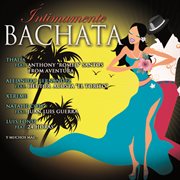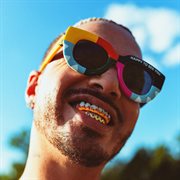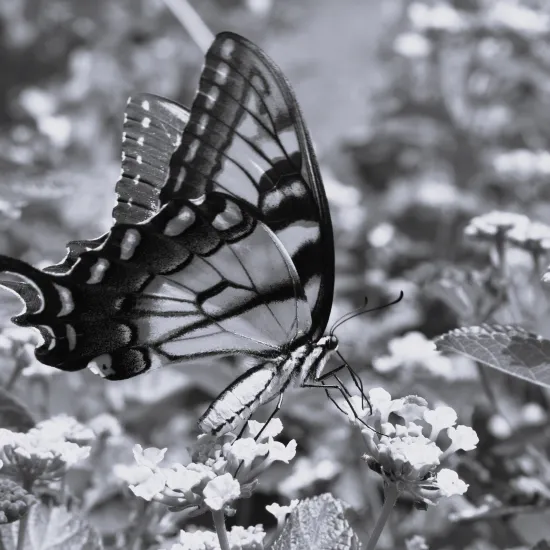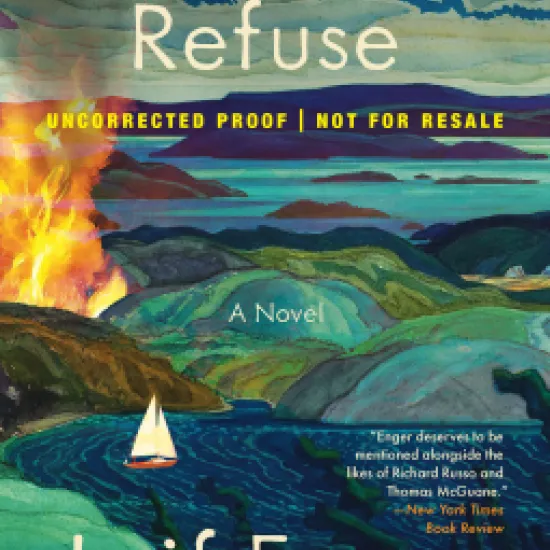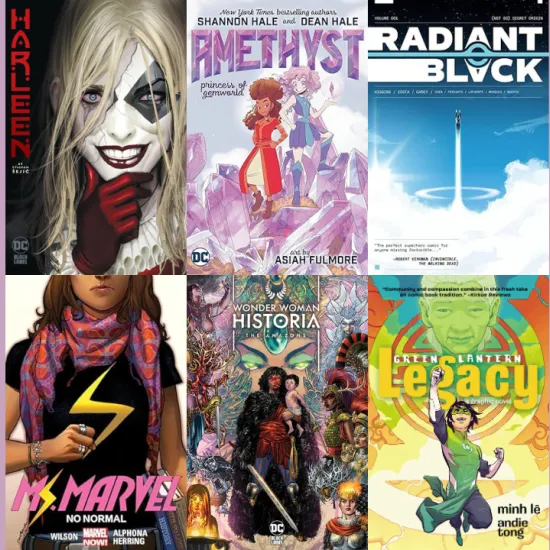- Zee Z.
- Friday, March 17, 2023
Pero les falta sazón, batería y reggaetón, ey, ey... -- Bad Bunny
Where did Reggaeton come from? Jamaica? Panama? Puerto Rico? If you had these in your head, you weren't wrong. Yes. Reggae came from Jamaica. Jamaican workers brought it to Panama; and Panama created Reggae in Spanish mixed with Dancehall- starting with El General with "tu pum, pum..."
In Puerto Rico, the names Vico C and DJ Negro were making a lot of Noise. Literally! The Noise was the birthplace of underground music for so many great artists that paved the way for the new blood. This is where rappers would come and battle it out. DJ Playero, Ivy Queen "La Caballota", Baby Rasta, to name some of the favorites. Puerto Ricans were the ones that put the “tón” in Reggaetón.
Although the genre was considered illegal from 1995-2000 due to inappropriate content that many believed incited criminal behavior, it didn’t stop people from listening to it and rappers from making it. The only way to get your hands on the music was if you knew someone who could get a hold of it-from the underground; this was the name the genre would be known for before becoming Reggaetón, Underground!
Some of the topics went from sexually explicit to detailed criminal behavior. Soon politicians got involved and worked hard to eliminate the genre. They even went as far as to fine $500 to drivers who listened to it out loud in their cars with the windows down. This did not stop the growth of Reggaetón, instead, the genre's content evolved in musical influence as well as lyrics, and it was now targeting the politicians. Exposing the corruption between politicians that led to many of the issues we still face.
Today, thanks to the collaborations of some of the great OG’s like Calle 13, Tego Calderon “El Abayarde” , Wisin y Yandel, Daddy Yankee, and the new blood, like Bad Bunny, with artists of different ethnic backgrounds like J Balvin, Rauw Alejandro, etc. Reggaetón is genre that consists of reggae, hip hop, dancehall, bachata, pop, cumbia, merengue. It's one that keeps evolving and one of the reasons why people like it so much. It’s a feel-good type of music, full of rhythm and orgullo (pride) of being Boricua (from the word Borikén- the island’s first name. a person from Puerto Rico).
Puerto Rican artists feel a strong connection to their roots and use their music to give voice to our people no matter where they go.
Please enjoy some these recommendations based on the artists mentioned on this blog. And to find to more, check out hoopla.com
#OwnVoices initiative is a space for BIPOC (Black, Indigenous, and People of Color) staff members to provide thoughtful and well written book reviews, book lists and blog posts. These post work to promote authors of marginalized groups and their work about the life experiences of these under-represented groups through their own perspective. The series invites our customers to learn one more way we are continuing the conversation in our community and speaking our voice. Find more resources on race, equity, and inclusion, here.
